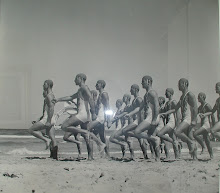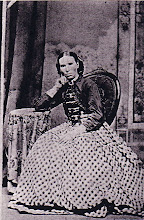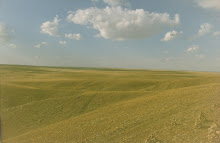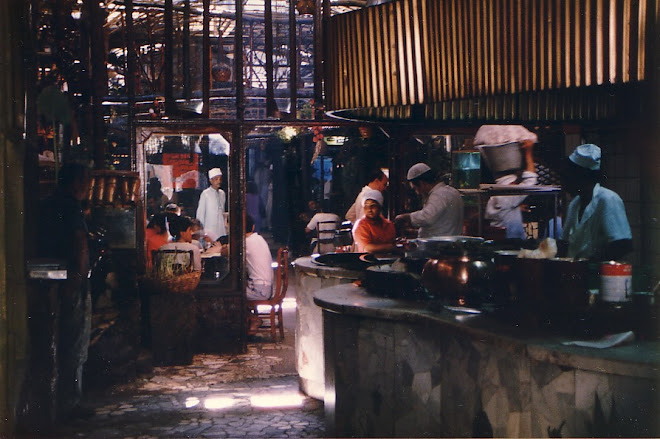Bernadette Peters - Ourselves ... as a Serious Cabaret Singer!

Bernadette Peters is the way many (most?) of us would like to imagine ourselves ... if we were able to step through that magical mirror into our other more theatrical and alternate careers ...

I saw her in concert in Sydney a few years back - and still have some of the glittering golden 'coins' she threw out into the audience in her opening song, 'Pennies from Heaven'.
She performed both the following and contrasting Stephen Sondheim pieces.
'Not A Day Goes By' from 'Merrily We Roll Along' ...
... where here she nearly looses to a degree that's almost uncomfortable, particularly at the end - but then maybe it's planned that big cos a live audience is not as close as the camera.
What do you think?
The other song is 'Hello Little Girl' from 'Into the Woods' - with Peters being less than a little wolf-ish ... to an innocent Red Riding Hood.
The lyrics are so incredibly witty and close to the bone I thought I'd put down the first verse and the last lines ...
Look at that flesh, pink and plump
Hello, little girl...
Tender and fresh, not one lump
Hello, little girl...
This one's especially lush,
Delicious... Mmm...
Hello, little girl, what's your rush?
You're missing all the flowers
The sun won't set for hours
Take your time ...
There's no possible way
To describe how what you feel
When you're talking to your meal!
... hope you're chuckling away!
So, are any of you guys Peters devotees?






































![C18 Bronze Buddha [Southern China]](https://blogger.googleusercontent.com/img/b/R29vZ2xl/AVvXsEioLkgVKuhDoIHQgM1X6Oe2hGn75yqaj4OJXPmNpumXmQPKxB22S57YS5DVrl1P7zl7BS6EFpAtaNZPze7gzVCRiQI54bwdHhVa4fGr7NOChZwTZoo92gUen6tC5U8gWIy_pv92U0FB38M/s1600/Buddha+%255BBronze%252C+C18%252C+China%255D+1.jpg)




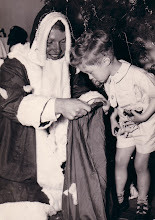







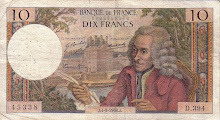
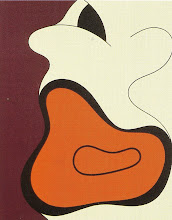+1998+Cropped.jpg)

